Affiliate links on Android Authority may earn us a commission. Learn more.
The Pixel 7a is the epitome of the Pixel A series; Google can't stop here
The one thing that immediately struck me the moment I opened the Pixel 7a box was how phenomenally well-built this phone is. In hand, it is virtually indistinguishable from my more expensive Pixel 7 and 7 Pro, despite the switch from a glass to a plastic back. Sure, the similar white color helps, but everything about the Pixel 7a feels solid and premium — way more than the Pixel 6a or any other A series phone ever did.
Google isn’t joking this time around. At $499, this midrange phone is excellent on paper, and even better in reality. Just start counting all the ways the Pixel 7a is better than the 6a and you’ll notice that the upgrades stack up to easily justify the $50 markup in price (if not more). But could it be the last A series Pixel from Google? Rumors suggest so, but I think otherwise.
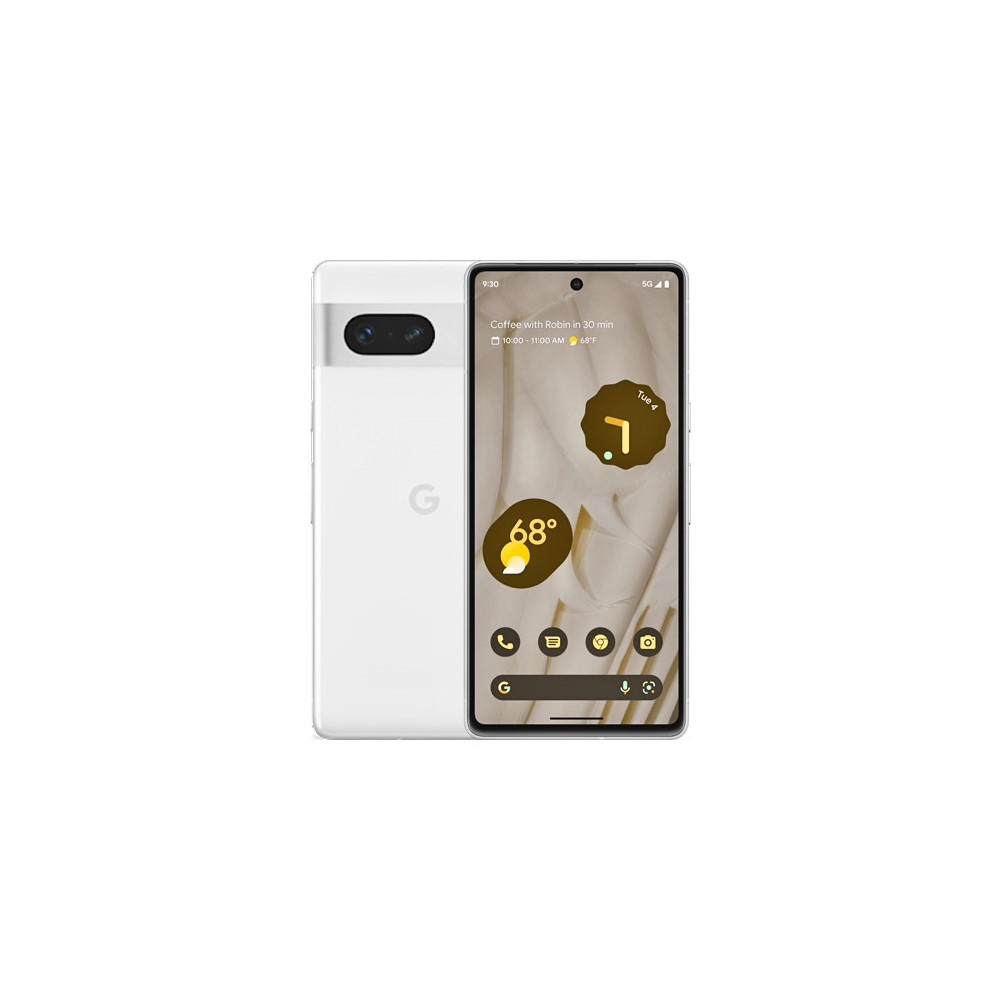
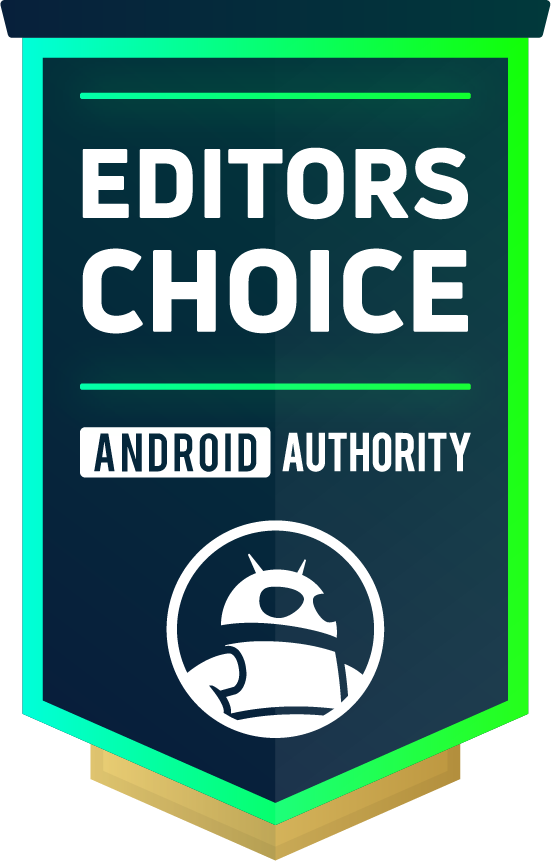
Everything* about the Pixel 7a is better
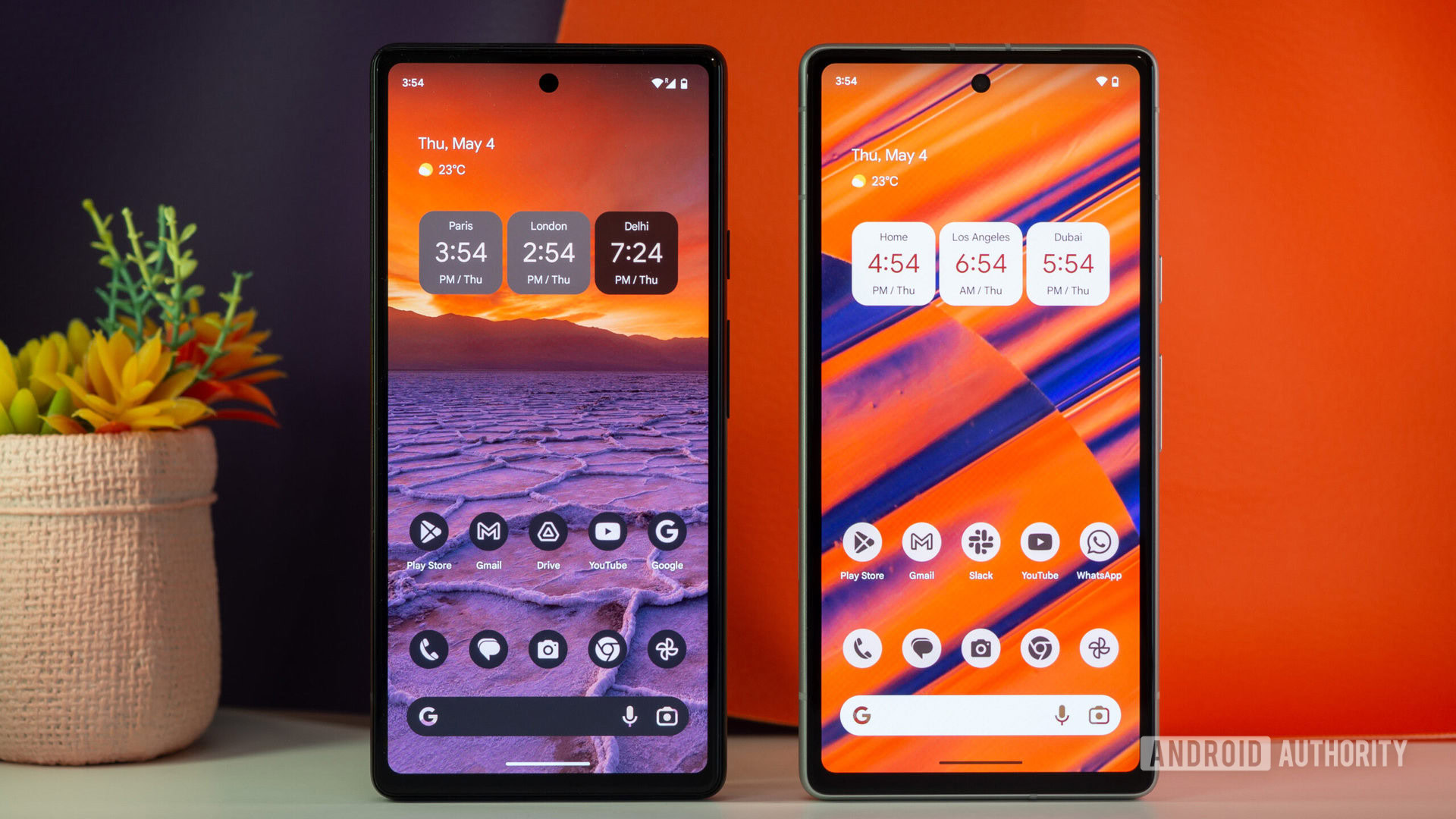
When the Pixel 7a leaks first hit, we thought we’d only be getting two noticeable improvements over the Pixel 6a: a 90Hz high-refresh display and 7.5W wireless charging support. But that’s just scratching the surface of everything Google has elevated with its new mid-tier champion.
The 6.1-inch display doesn’t only have a higher refresh rate, but it’s also brighter: 25% brighter, to be exact. Trust me; the difference was more than noticeable in the blistering Dubai sun. You may not think you need this, but it made all the difference between being able to use the phone out and about and just throwing it in my pocket until I found some shade.
A brighter display and fast face unlock are excellent quality of life improvements in the Pixel 7a.
The addition of face unlock to the Pixel 7a is also welcome. Google’s under-display fingerprint sensors are getting better, but they’re not the fastest in the business. But since I set up face unlock, I don’t have to think about them. When I take the phone out of my pocket, it’s often unlocked and ready before I’ve extended my thumb, let alone aligned it atop the fingerprint reader.
Photography is also generally elevated. Not in all aspects, mind you, as our Pixel 7a camera shootout shows, but HDR performance, low-light and night mode, and the ultrawide lens are noticeably better. The 64MP main sensor’s pixel binning contributes to a lot of noise reduction, better clarity, and better balance compared to the Pixel 6a. Its softer zoom results are the asterisk on this great camera — though Google could fix this with future updates — and the only asterisk on what is otherwise a vastly superior phone.
Besides, sensors aren’t the entire story. Despite rocking a similar Tensor chip, the Pixel 6a lacked several camera features from the higher-end Pixel 6 series. That’s still partly the case here, but many flagship Pixel 7 features have migrated to the A series with the 7a.
While it's still behind the Pixel 7, the 7a leaps ahead of the 6a in various photography conditions. Except zoom.
You get the impressive Photo Unblur that removes blur from any photo you’ve ever taken, no matter which phone or camera you took it with. (It definitely comes in handy to sharpen those soft zoom shots!) The Long Exposure mode also made it through, but not Action Pan. And the Pixel 7 series’ faster Night Sight is here too. This makes low-light and night shots more foolproof than they ever were on the 6a. It takes me, on average, six seconds to focus and snap a night shot on the Pixel 6a, versus two seconds on the Pixel 7a (it focuses instantaneously and shoots twice as fast). You can imagine the difference in blur between these two. Oh, and there’s 4K30 video now from both the ultrawide and selfie cameras, as well as 4K60 from the main sensor.
All of this comes in a high-end package that takes all the great cues from the Pixel 7 series’ design and balances them out with cheaper (on paper) materials. The one-piece aluminum frame that extends into the camera bump gives the 7a a sleek feel, unlike the bits-and-pieces design of the Pixel 6a’s frame and camera bump. As I said earlier, it is virtually identical to the Pixel 7, and if I hadn’t knocked on the back plate with my nails, I wouldn’t have guessed that it was made of plastic. That’s a perfect example of a “compromise” that barely feels like one.
The plastic back is a perfect example of a 'compromise' that barely feels like one.
Those who only care about raw performance are still getting Google’s latest and best processor with 8GB of RAM, instead of 6GB on the 6a. The Pixel 7a even beats the Samsung Galaxy A54 there, providing a faster processor with more RAM in the same price bracket. This is the mark of a very, very respectable mid-tier phone.
Pixel A series: Go out on top or keep trying?
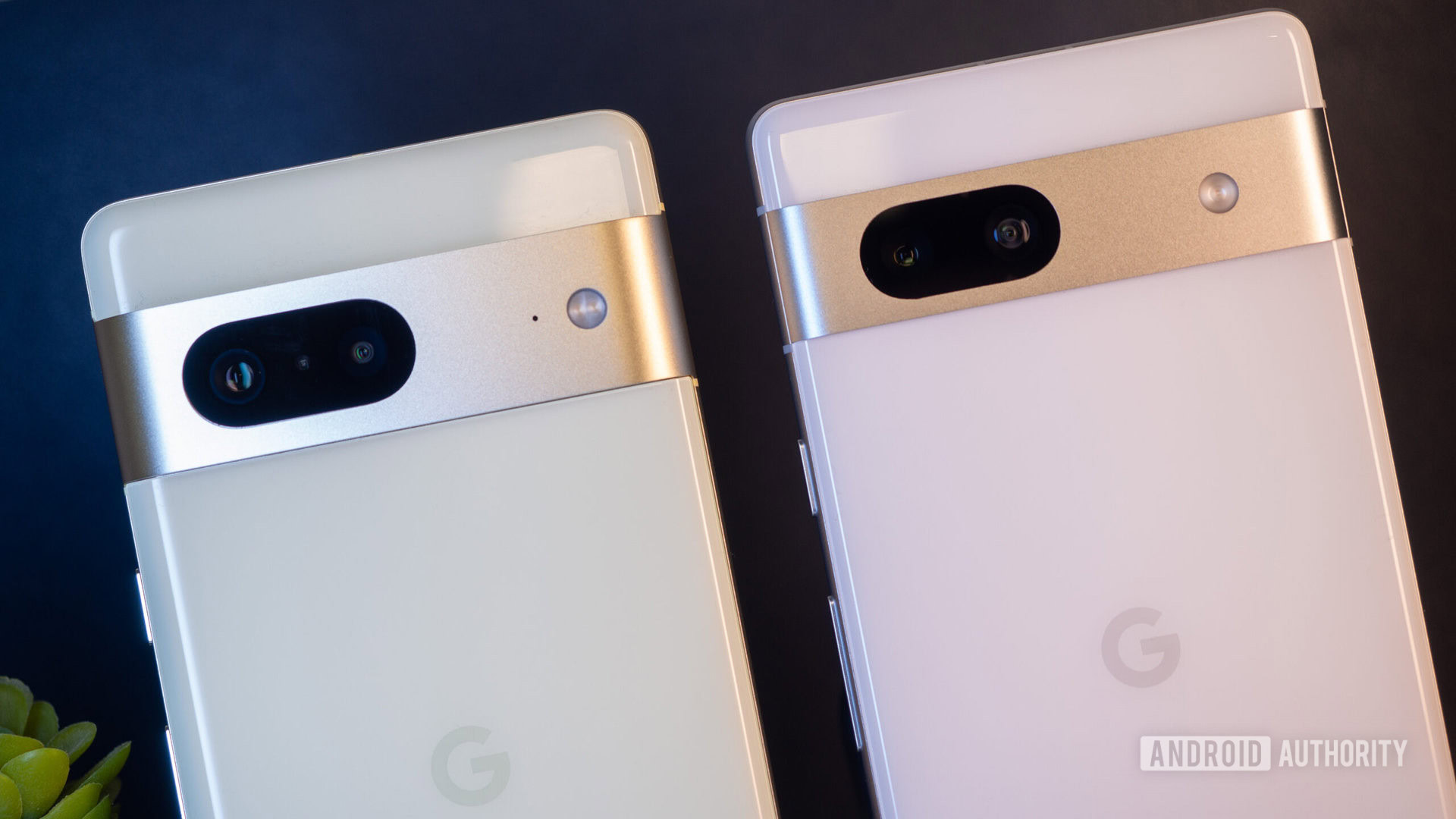
Since the Pixel A series’ debut with the 3a in 2019, its goal has been crystal clear: Bring most of the high-end experience down to an affordable price range. The lineup has seen a few confusing moments, but we’re far from the baffling Pixel 5a that only launched in the US and Japan. The 7a is landing in 17 countries — as many as the 7-series flagships, and four more than the Pixel 6a. This is a sign of confidence from Google.
Yet, despite everything positive and encouraging about this new midrange offering, we’ve heard rumors that Google could be considering halting its A series. Alternatively, our Pixel roadmap leak suggested Google might shift to a biennial A series launch, thus skipping next year and coming back in 2025.
Google has just begun to hit its stride with Pixels in general and the A series in particular, so why discard a winning formula?
These rumors leave me a little befuddled. Not only is the Pixel 7a the epitome of everything Google has built with the A series so far, but its predecessor is one of the best-selling Pixels to date. Why discard a winning formula? Especially now that it has the Pixel 6a’s success and recognition to build on, wider reach into more countries, and some great improvements to show off.
And it’s not like there’s nothing more to improve. Battery life could use a good push, some overheating problems remain with the Tensor processor, and the camera could get sharper photos. Plus, tech always evolves, and the A series would evolve with it. The job with midrange phones isn’t done and Google shouldn’t walk out now, even if it’s near the top, if not on it already.
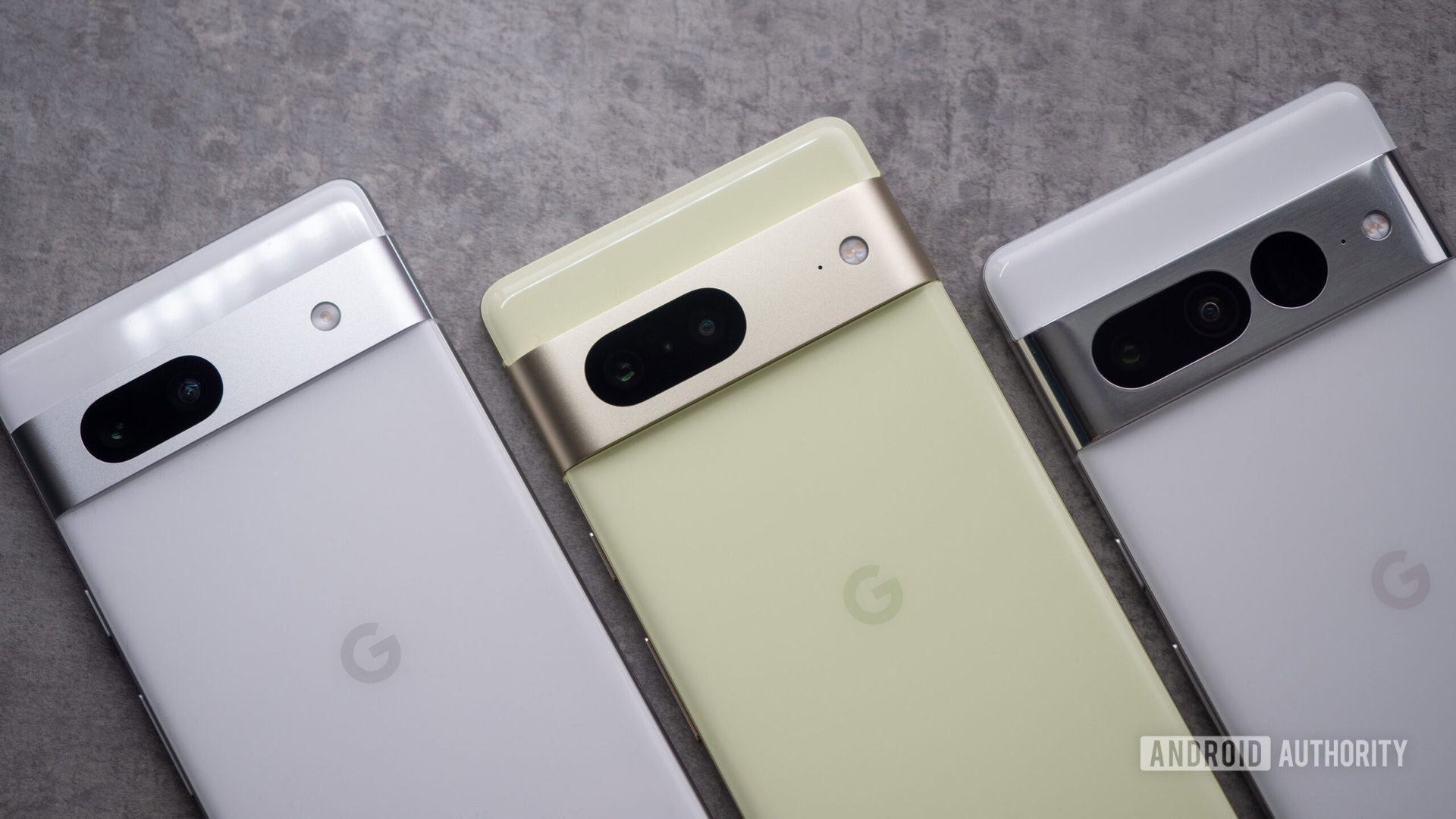
The only explanation I can see here is a slight portfolio shift. Pricing puts the Pixel 7a right next to the Pixel 7, a superior phone that’s already been out for six months and has thus seen some deal drops to $500 or less. Google surely cornered itself with the $499 Pixel 7a price, and things would be even more confusing if this overlap continues with the Pixel 8 (i.e. if it’s priced at $599 at launch with no markup versus the Pixel 7).
The job isn't done with midrange phones and Google shouldn't walk out now. A smarter Pixel lineup could be a better answer.
So maybe, hear me out, there’s a potential future where the Pixel A series is retired but only by name, while the base Pixel model becomes the affordable midrange phone in the $500 or so bracket, and the Pixel Pro sees two versions, one small and one large, as well as a foldable or two — there’s definitely more revenue to be made in the very high-end segment. And maybe, once every two years, Google considers repurposing parts of previous models into a cheaper A series phone. We’ve seen rumors of some of this and it would make sense to streamline the lineup, especially on the lower end.
That doesn’t sound so bad, then. But what does sound bad? Google completely walking out of the midrange game. That’d be a shame if you ask me. The Pixel 7a isn’t perfect, but it’s too good for it to do that.